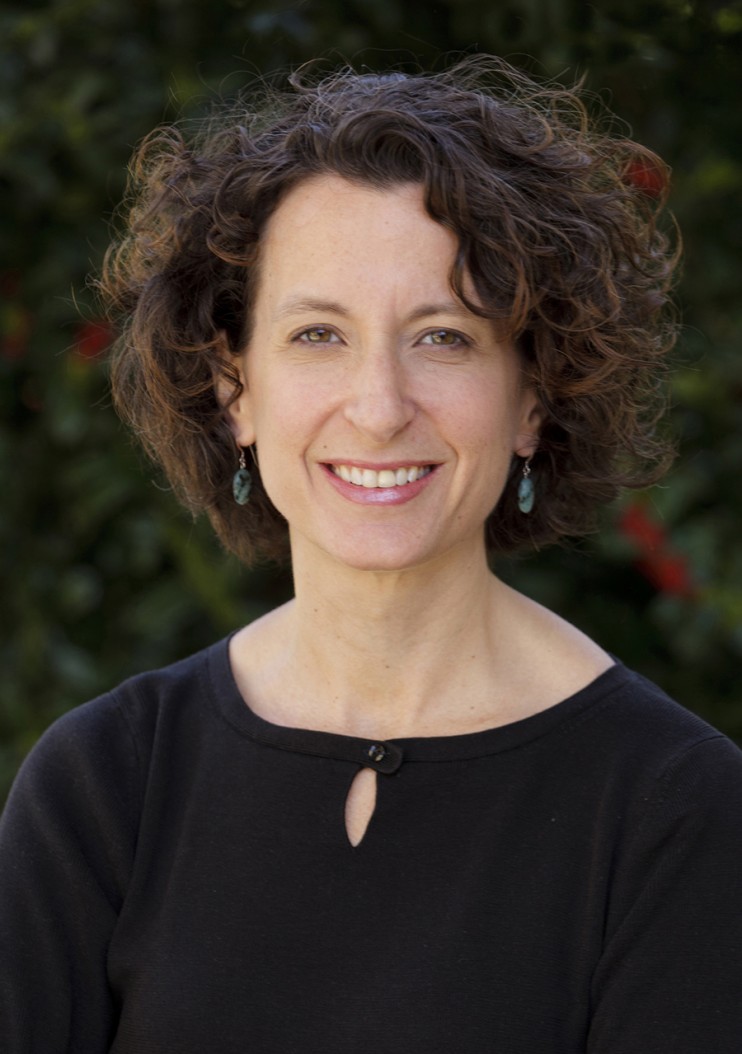
Aimee Wall, at the UNC School of Government, is a Thomas Willis Lambeth Distinguished Chair in Public Policy at the University of North Carolina at Chapel Hill. Established in 2001 in honor of the retirement of Tom Lambeth, former Executive Director and now Senior Fellow at the Z. Smith Reynolds Foundation, the chair supports a distinguished teacher and scholar in the area of public policy in the College of Arts and Sciences, the School of Law, the Kenan-Flagler Business School, the School of Social Work or the School of Government at UNC Chapel Hill.
We recently sat down with Professor Wall, who is in year two of a five-year chair position, to learn more about her work and ways in which she is supporting counties during times of transition.
1. What is your current area of research?
I focus primarily on social services programs, so administration of public assistance programs and adult public services, including public guardianship. I also work closely with the directors and county managers on the organization and governance of these. We’re at a time of tremendous transition in North Carolina related to how our state delivers social services.
2. How has the delivery of social services changed?
For as long as we’ve been doing this, each county has had its own department of social services. Those social services departments do child welfare, adult social services and safety programs for the county.
Back in 2012, legislation was passed that said counties can change that model. They can combine social services with public health or combine it with aging and other human services to create these consolidated agencies. Since the law was passed, 24 North Carolina counties have done that. The other part of that is they can change the way those agencies are governed. There was always an independence to those agencies where they had a separate governing board that hired the director and oversaw policy for that department. The law said you can abolish that board and the elected county commissioners can govern that agency more directly.
3. How has the change in the delivery of social services impacted your research?
Jill Moore – who does the public health side – and I did research before the change happened to figure out what the baseline was, and we’ve continued to work with the counties as they’ve decided make the change. So every time a county decides it wants to go down this road, the county commissioner or county manager calls us. We go out and spend time with the county, meet the governing boards and then once they make the changes, they work through it with us.
4. So much of your work is “boots-on-the-ground,” providing direct technical assistance to these communities.
Counties know that they can call us and they can get help from someone who isn’t just thinking about [the issue] at a high level. We’re actually down there in the weeds, drafting legislation or helping revise ordinances. Some of the work I end up doing is a little bit more facilitative – getting people to talk to each other and making sure everybody hears the same message.
A lot of it’s law, a lot of it’s policy and some of it’s being someone who will listen to them and help them figure out how to talk people in their community.
5. What kind of impact do you feel like you are making with your work?
Sometimes it feels like a drop in a bucket and other times I feel like I made a big splash. But the drops in the bucket feel really good too. That’s usually helping one person with an issue that’s come up in their county that’s been very stressful. It helps them resolve or answer a question that would have taken them a week to figure out on their own, and I can answer it quickly because I have some expertise.
6. What was a “big splash” moment you experienced recently?
Last year a law was passed relating to the financial exploitation of the elderly and it went into effect very quickly. I was able to write resources – a bulletin that was an integration of various pieces of the law – and then I worked with an interdisciplinary team to do a webinar that went out across the state to everyone who was going to work to implement this law. A lot of people needed that information and it’s hard to get out and talk to everybody. This was getting to banks, social services attorneys, social services staff and court officials within a month.
That felt good, I felt like we helped people immediately. That feels like it matters and makes people’s lives easier. I do feel like [the resources] will help some person – an older adult or a disabled adult – who has been exploited. There are now better tools to allow social services agencies to help them and get access to their financial records and do an investigation more easily.